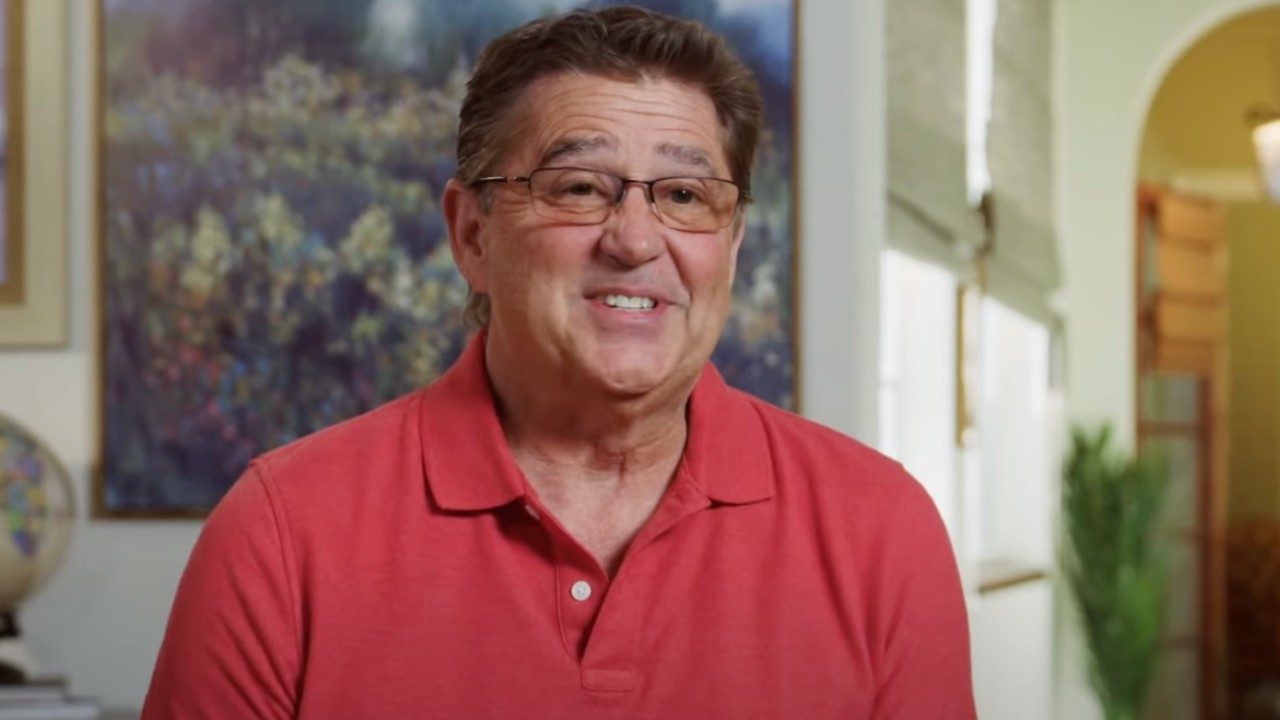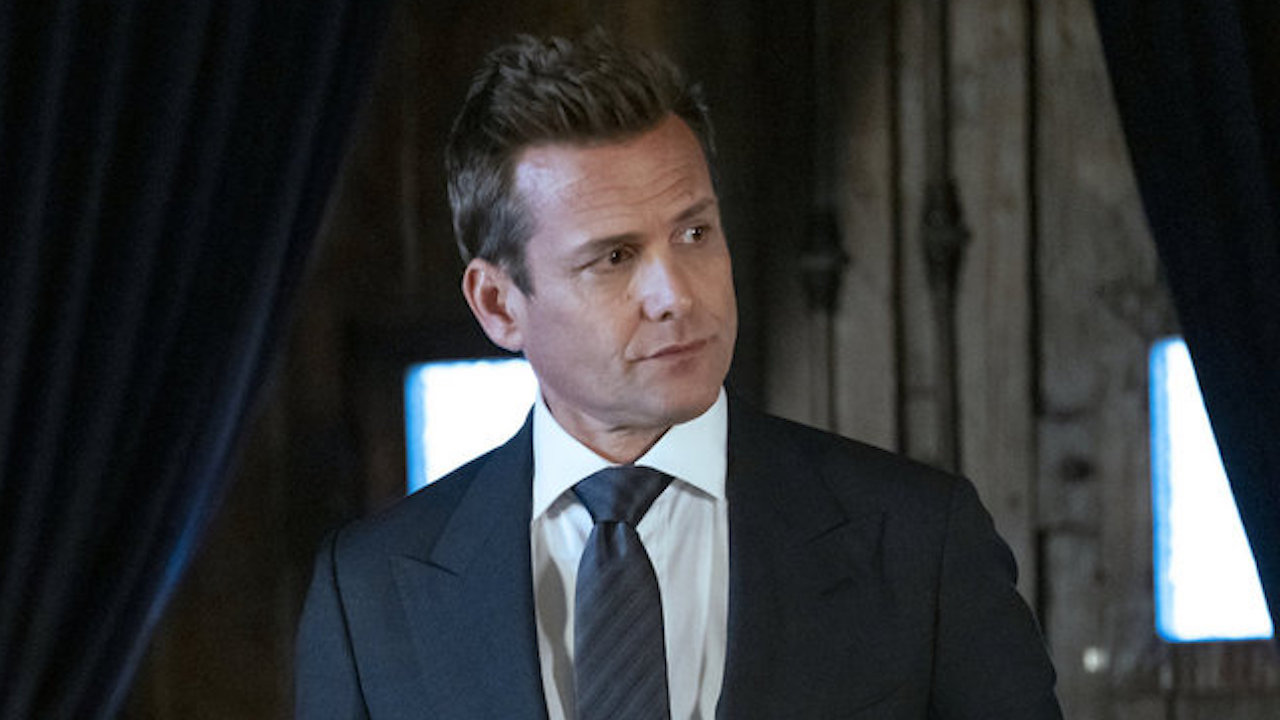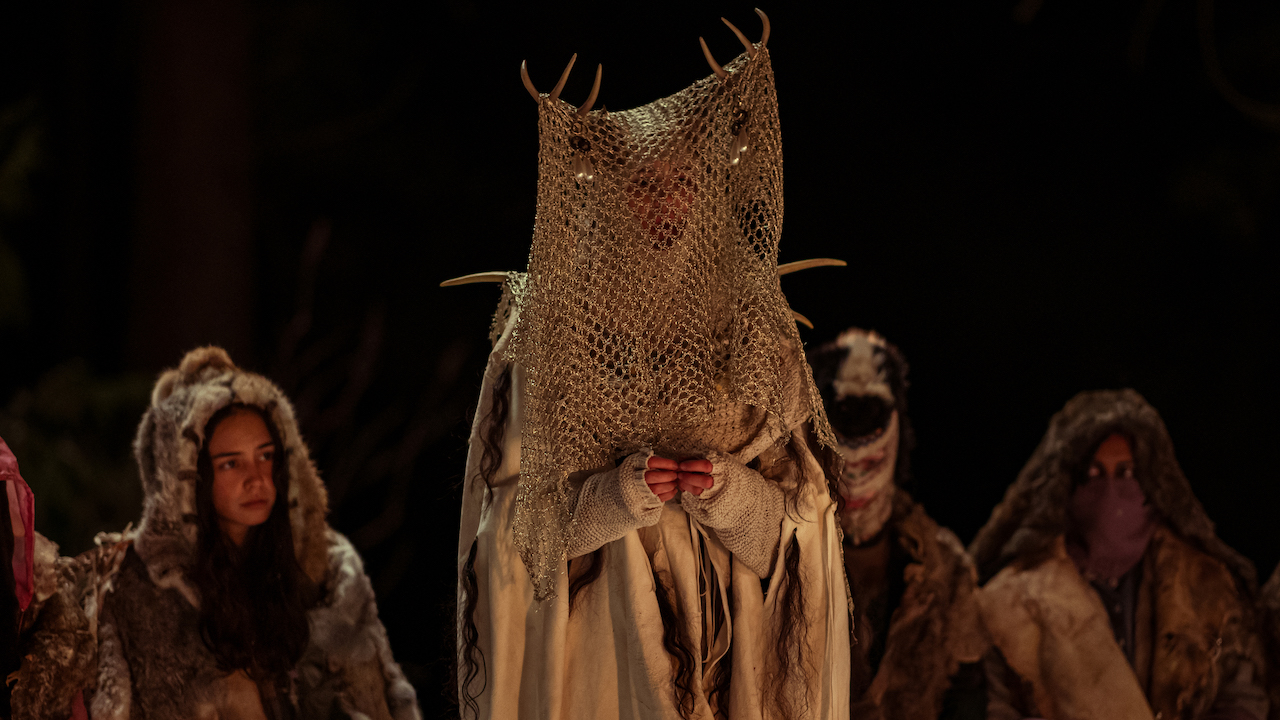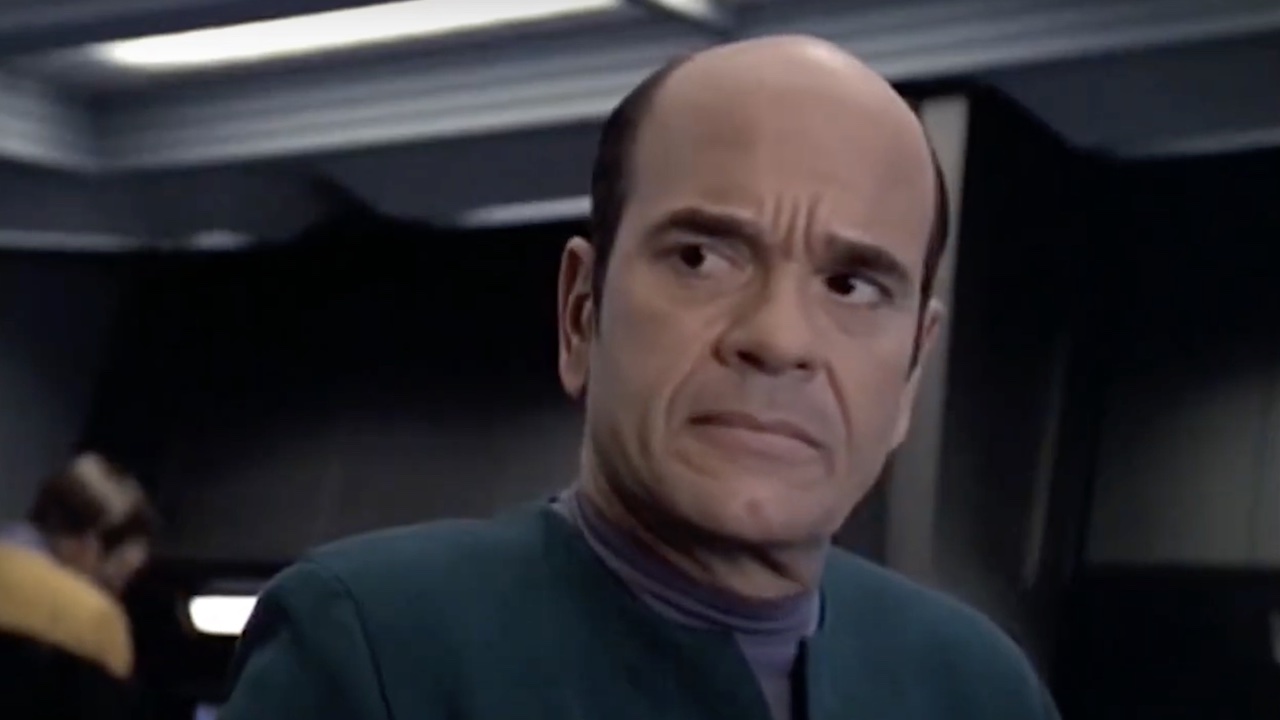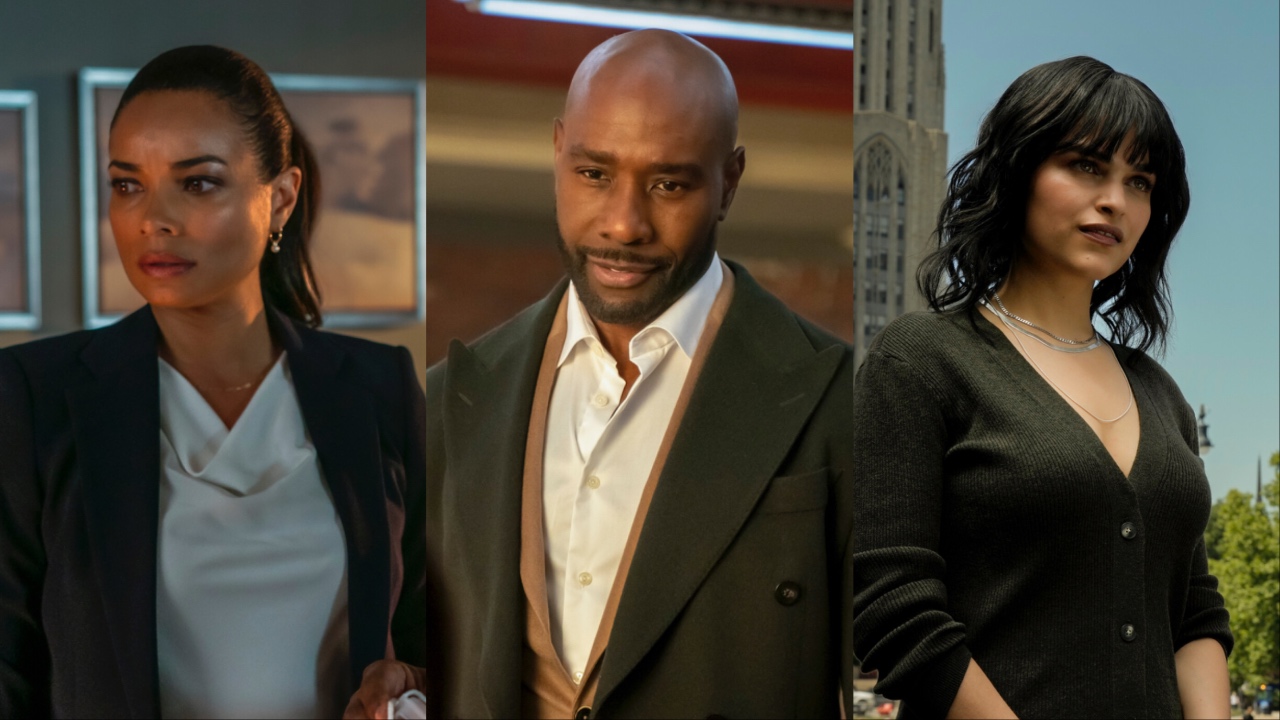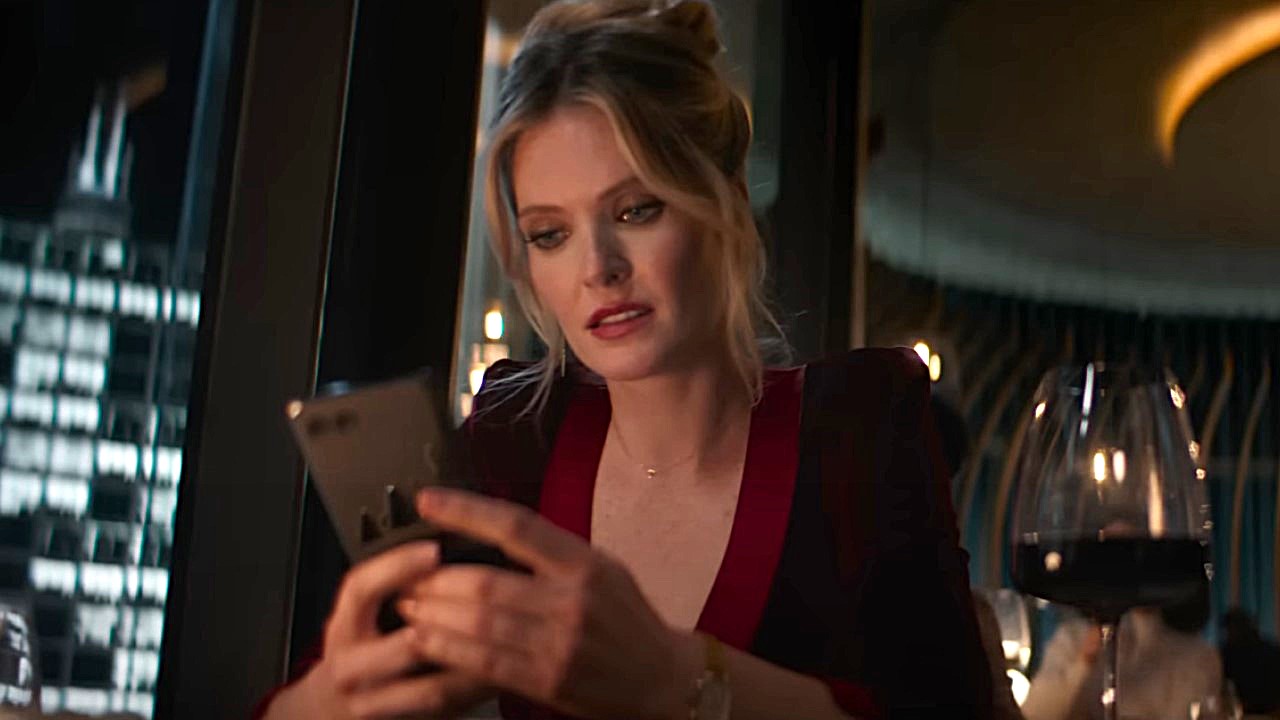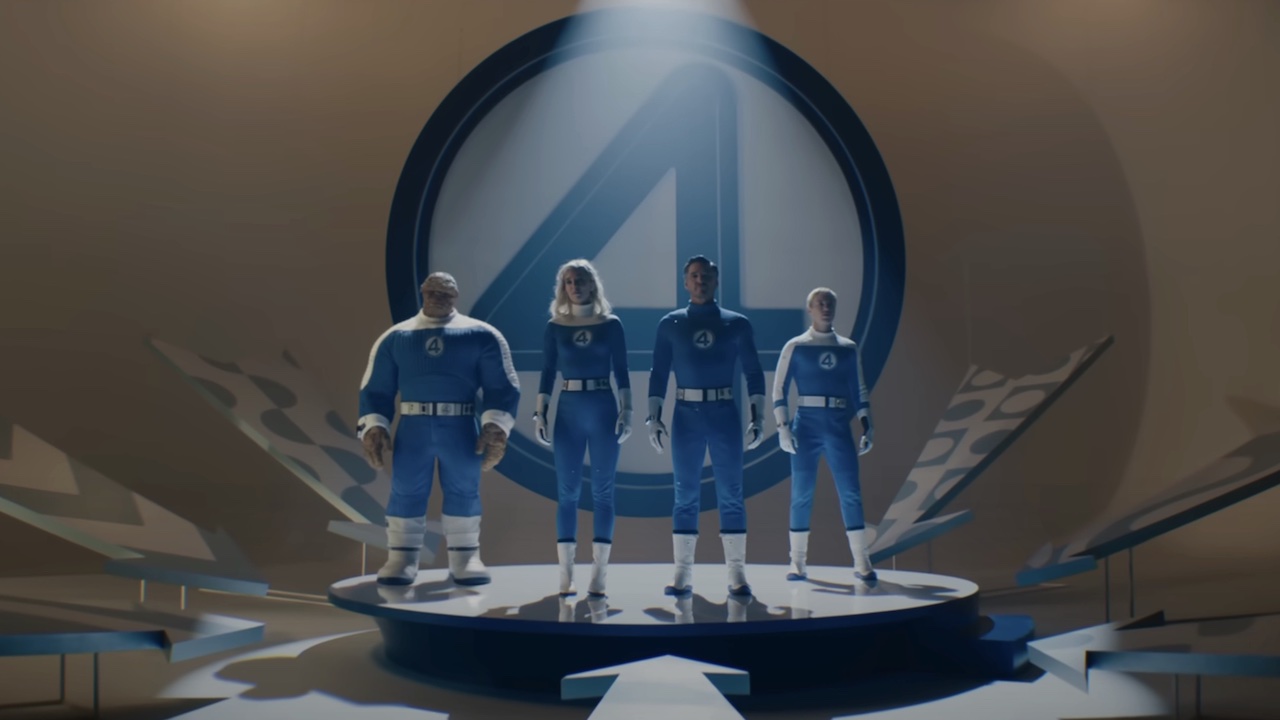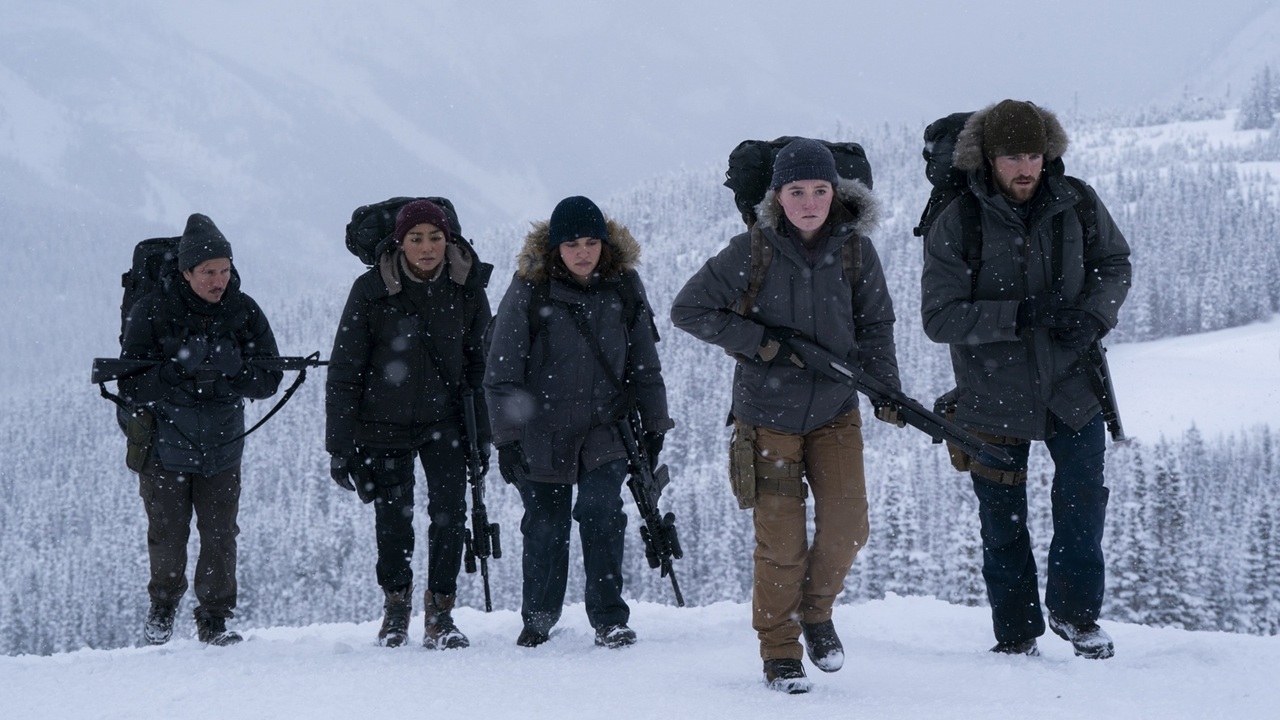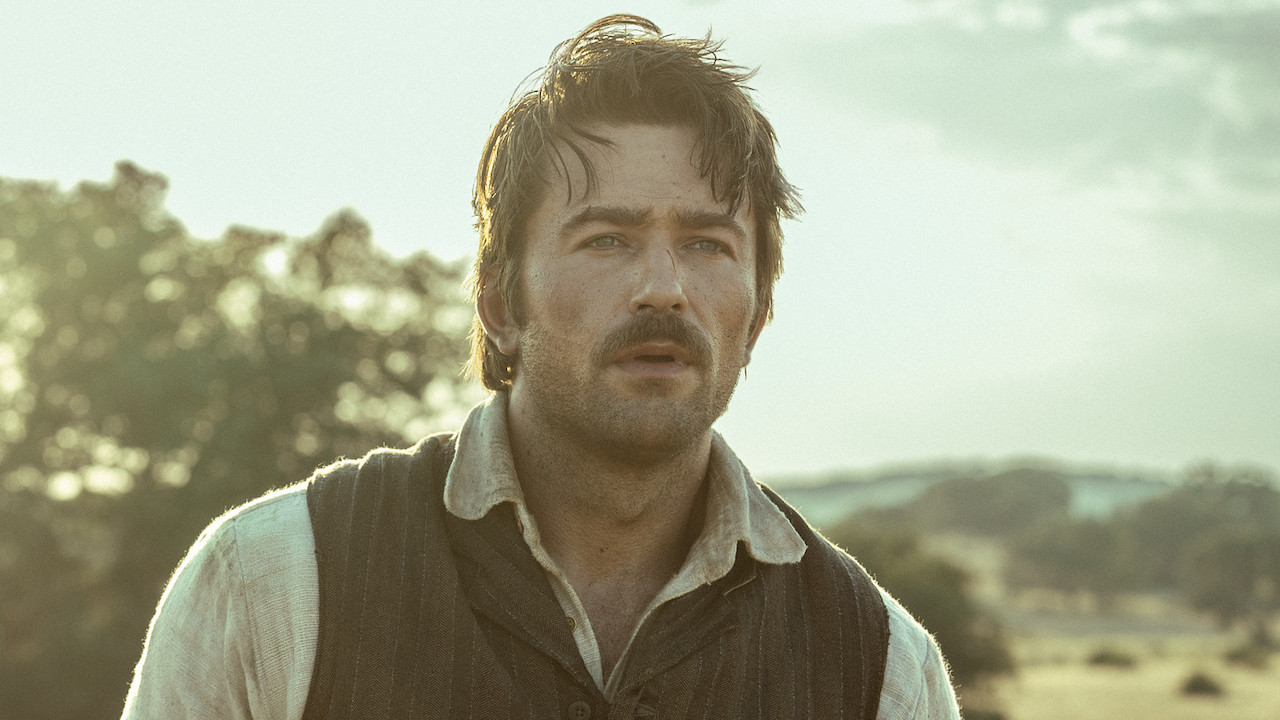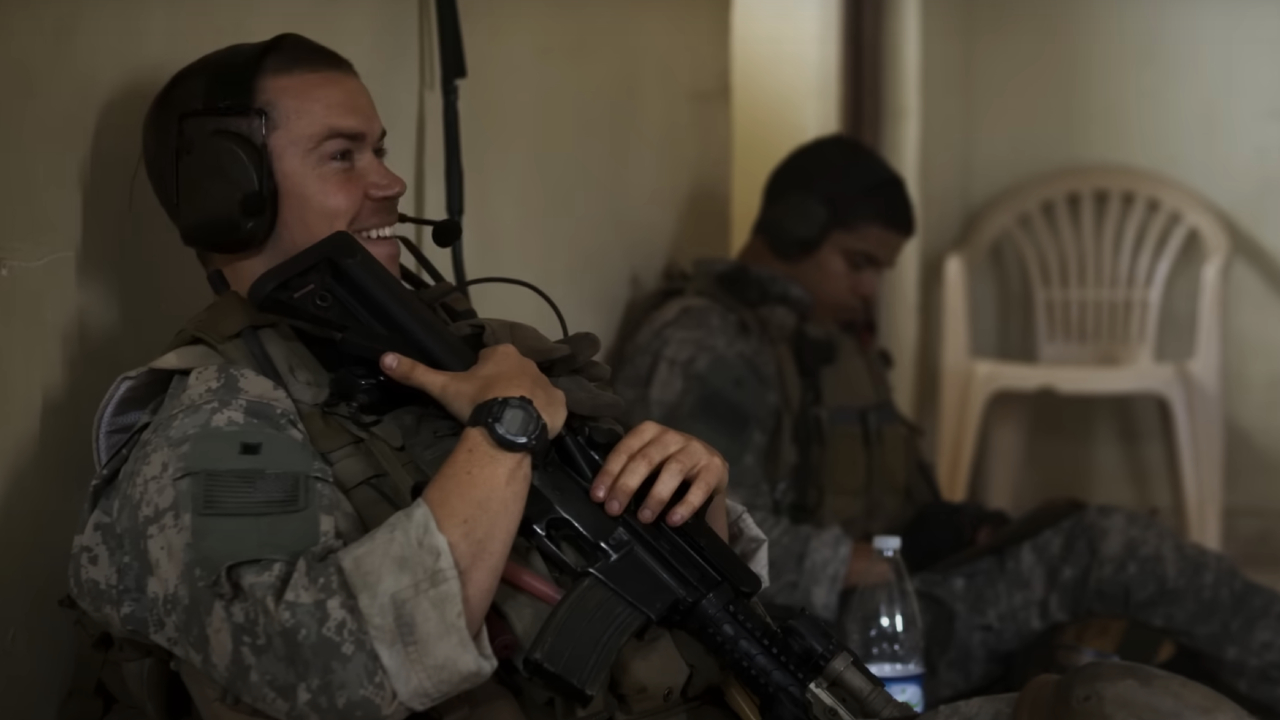Interview: Valkyrie Screenwriter Chris McQuarrie
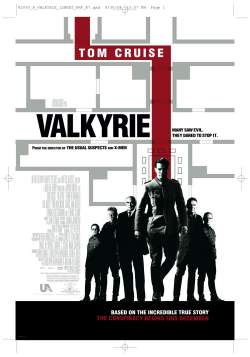
Christopher McQuarrie technically isn't running United Artists alongside Tom Cruise, but he does seem to be a key element of rebuilding the venerated studio. He's starting things off as the screenwriter for Valkyrie, and has two more projects lined up over there, with more surely to come. So even though McQuarrie won an Oscar in 1994 for writing The Usual Suspects, his best years may still be yet to come.
At the moment he's making the rounds as what you might call a Nazi expert, answering press questions about how to write a screenplay about killing Hitler when everyone knows it didn't work, not to mention the notion of making members of Hitler's staff look sympathetic. During a press conference for Valkyrie last week he answered most of the questions lobbed at the panel, which also included his co-writer Nathan Alexander. We've excerpted a few of those questions and answers below. He's a smart guy, so pay attention!
How did the project come about?
Nathan and I originally started writing the script in 2003, and really it was more or less a project between the two of us that we knew, because of the subject matter, was going to be difficult to get made. We concentrated on it being low-budget, we never envisioned the scope of the film that it is now, and when we finished the screenplay we put it in a drawer. We more or less waited for the right interested party to come along.
Why do you think this story is one that people don't really know about?
History tends to take the simplest possible view. As soon as you start to scratch the surface of any historical event, it starts to become more and more complicated, which is not the stuff of Hollywood films. Complications tend to break down the budget. I think it's a lot easier to tell a war story about two sides of a conflict with one another as opposed to one side in conflict with itself. That, on the surface, was probably something that was not appealing. It wasn't until you really started to look at the guts of the story that you realized what was in it was a compelling thriller as well as a compelling story from history.
[A question asked about a moment in which Tom Cruise's character says to shut down the concentration camps leads to this answer from McQuarrie about the timing of the assassination plot.]
CINEMABLEND NEWSLETTER
Your Daily Blend of Entertainment News
What tends to happen is the conspirators are cast in the light of opportunists who felt that Hitler was not running the war well enough, that they could do it better. Another condemnation that comes is it was too little too late, when people don't realize that we're talking about six weeks after the Normandy invasion. The Allies were still cornered on a peninsula in France. The destruction of Europe had not even happened yet, and they had been attempting to assassinate Hitler from as early as '38. Those were all things that we tried to get into the movie in one way or another, but at the same time not make grand speeches about it. Anything that we did to overstate the point would have been protesting a bit too much. We were presenting Wehrmacht officers who for 60 years had been portrayed in popular culture as anyone wearing that uniform was a Nazi, and were all participating in the war machine.
How do you write this story when everyone in the audience already knows the ending?
The fact that you know the ending, that probably speaks to another reason why it didn't come to light sooner, I think people might have dismissed it for that reason. To me [it] comes as an asset as opposed to a challenge. You know the ending of the movie, what you don't know is the fate of all of the individuals involved. I think what draws you into the story... there's no way that this movie is going to come out without everybody knowing what happens to Stauffenberg before they come to the movie. But you become invested in all of the many characters of the story, and you want to know how it all turns out, and what the fate of all those different individuals is.
Do you think audiences are ready for a movie with a sympathetic Nazi character?
They weren't Nazis. That was probably the most difficult thing to address in the movie, was how to specify the difference between the different factions, who was a Nazi and who wasn't. After 60 years of simplification, there was no speech that was ever going to clear that up in our movie, so we let it go and decided to focus solely on the actions of these characters, and let the actions speak for themselves. I think by making a movie about what these men tried to do, what they risked and the sacrifice they ultimately made, the elements that make up the best sort of cinema, and specifically what appeals to an American audience more than anything else, which is these are guys who took on the system. These are underdogs who were fighting long odds and who ultimately achieved in some sense what they set out to do. Every turn in the conspirators' journey, whenever they reached a point whether the odds were too great, whether it was too late to affect change, there was always Tresckow who kept them on track. Nothing else matters except that Germans try, that we make an attempt, and we show the world that not all of us were like him.
Staff Writer at CinemaBlend


